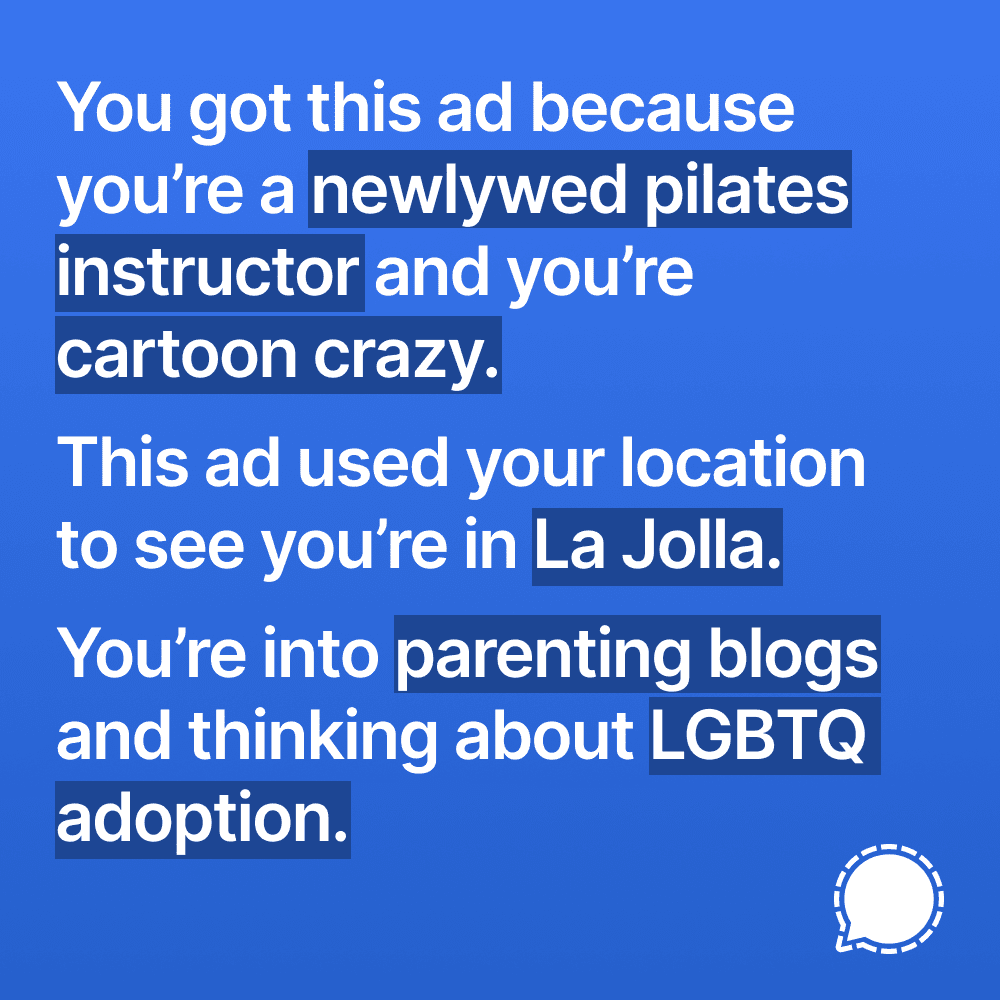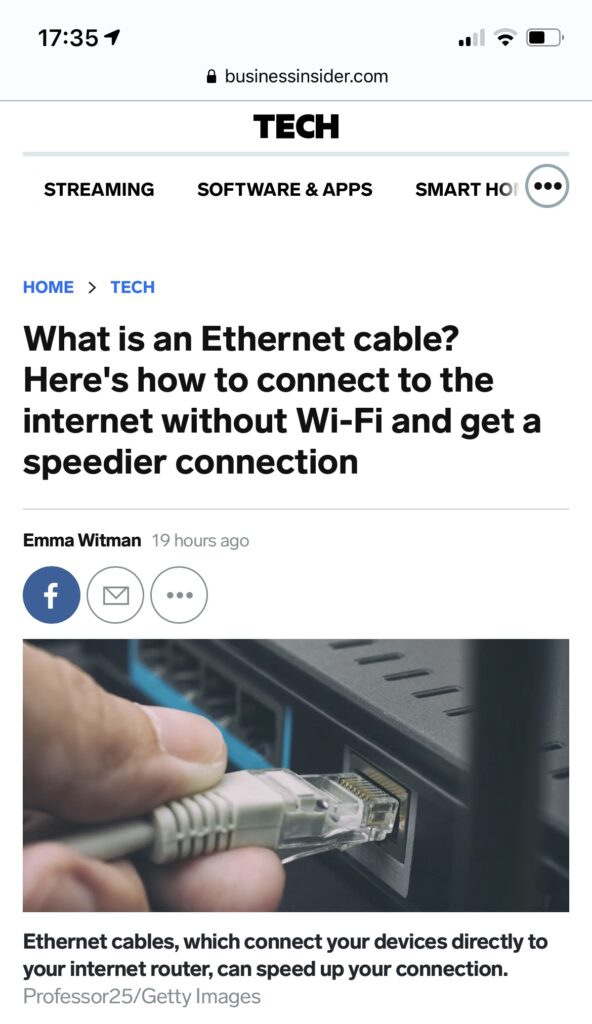“Does it run Doom?” is the ultimate nerd test for technology. CloudFlare passed today running multiplayer Doom on their edge worker network:
So, if a developer wants to run their next hit, say a real-time multiplayer game, using nothing but their app and Workers, without any servers or traditional infrastructure, can they? Let’s prove they can. Here’s Doom Multiplayer running on top of Cloudflare Workers.




